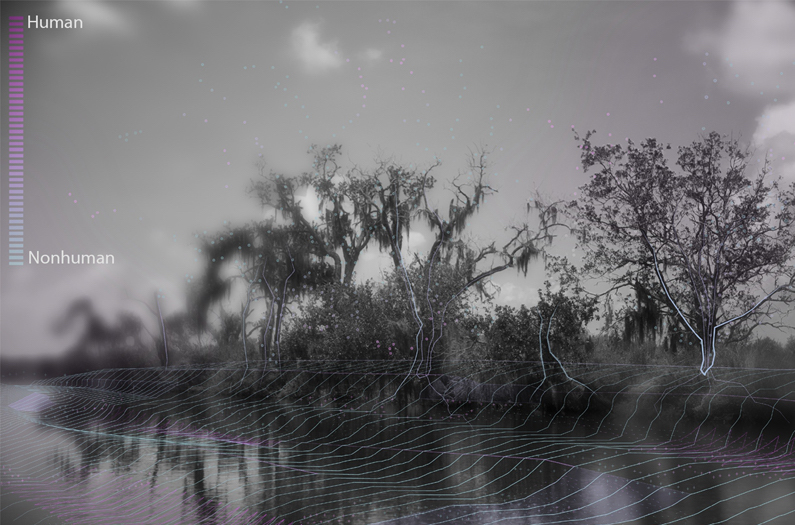The term Artificial Intelligence (AI) conjures images of a Terminator-style robot bent on destroying all of humanity. A new paper co-written by the GSD’s Bradley Cantrell (MLA ’03), however, proposes an equally dramatic plot twist: that AI might be mankind’s best chance for preserving planet Earth.
Published in the March 2017 issue of the scientific journal Trends in Ecology & Evolution, the paper explores how recent breakthroughs in AI may make it the ideal tool for responding to one of the most challenging paradoxes of the Anthropocene: in order to reduce human influence on nature, increasing levels of human interference with natural processes are required. Read Anthropocene magazine’s feature on Cantrell’s work.
“Could a deep-learning system sustain the autonomy of nonhuman ecological processes at designated sites without direct human intervention?” asks Cantrell, associate professor of landscape architectural technology and director of the MLA degree program, along with his co-authors, environmental historian Laura J. Martin of the Harvard University Center for the Environment and ecologist Erle C. Ellis of the University of Maryland, Baltimore County.
The paper looks at how new AI frameworks, such as the automated technological systems used in self-driving cars, may be able to curate the ‘new wild’—a novel ecosystem defined by ecologists and conservation biologists as existing in a state that is relatively free of human intervention.
The paper considers historical uses of AI in the ecological context, outlining eight recent projects that use transformative semi-autonomous strategies for ecosystem management. One real-world example mentioned is MIT Senseable City Lab’s Seaswarm, a fleet of low-cost, autonomous robots developed to clean up toxic spills. Cantrell and his colleagues go on to propose a conceptual design for a “wildness creator,” a nonhuman intelligent actor that learns from its environment and behavior to counter forms of human influence in preserving new ecosystems.
From a design perspective, creating an intelligent system that would, eventually, function in ways beyond and in direct opposition to human influence is a complex design challenge. It also raises fundamental ethical questions. How, for example, would the relationship between humanity and nature change when machines are the ones negotiating conservation techniques, particularly after machines begin to operate beyond human control or understanding?
This and other ethical concerns are explored in the paper, which calls wildness creation “the ultimate design challenge of the Anthropocene.” While Cantrell and coauthors do not advocate for the wildness creator as the solution, they hope to deepen conversation about the ethical and technical issues surrounding artificial intelligence and how it might be used in ecosystem management. Artificial Intelligence might be one solution, but for now, humans are still in control.
